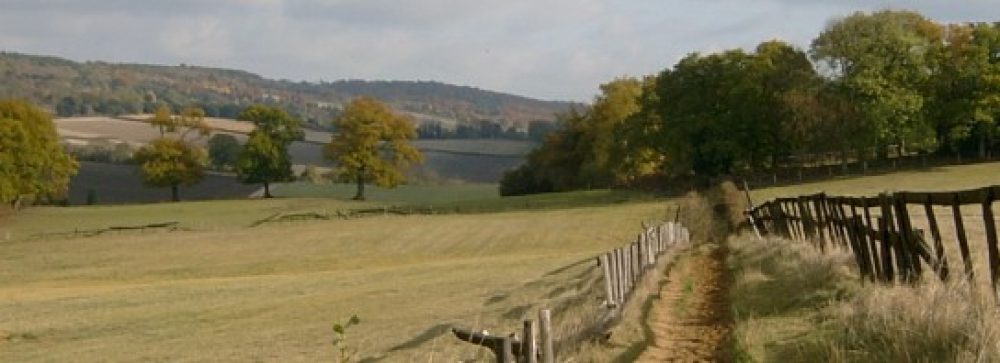When Jesus came to the region of Caesarea Philippi, he asked his disciples, “Who do people say the Son of Man is?”
They replied, “Some say John the Baptist; others say Elijah; and still others, Jeremiah or one of the prophets.”
“But what about you?” he asked. “Who do you say I am?”
Simon Peter answered, “You are the Christ, the Son of the living God.”
Jesus replied, “Blessed are you, Simon son of Jonah, for this was not revealed to you by man, but by my Father in heaven. And I tell you that you are Peter, and on this rock I will build my church, and the gates of Hades will not overcome it…” Mt 16:13-18
Whilst in Caesarea Philippi, Jesus asks his disciples first who do people around say he is. Sometimes we have a picture in our minds that the world recorded in the New Testament was very different to the one we live in today. Whilst the technology and fashions might have been different, the philosophical and religious environment was not so different. Both Greek and Roman thought were pluralistic when it came to religion, morally ambiguous with a great number of clever arguments bandied around, much like today.
It was in this environment that Simon Peter declared that Jesus was the Christ, the Messiah, the Saviour of the world. It was in this environment he declared Jesus to be the Son of God, Lord of all. In this same environment, Jesus declared that his church, his people, would prevail. That his church would be built on this declaration, that Jesus was the Messiah, the Son of God. That the church would be founded on Christ. That, though the church was a congregation of saved sinners, the very powers and authorities of hell, who would congregate at its gates, would not be able to destroy the church.
This same declaration still applies today. The church which is founded on Christ will prevail, and the gates of hell will not overcome it. It is only by the unique work and person of Christ, the Son of God, that we might be saved.



